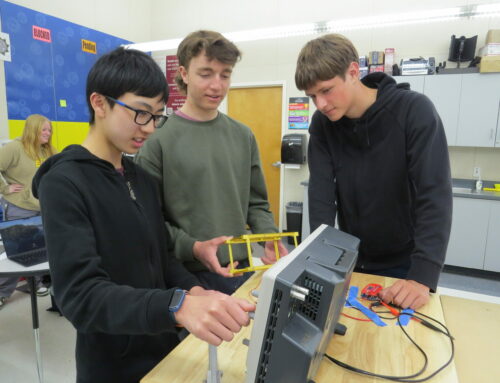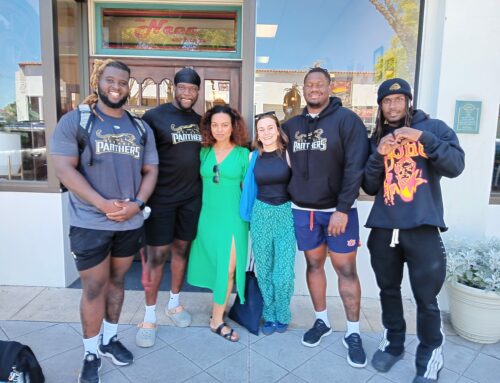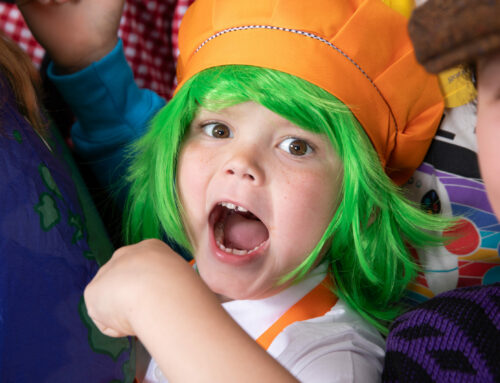Published in the Oct. 14-27, 2015 issue of Morgan Hill Life
By Marty Cheek

Dean’s experience presents a clue to understanding Trump’s boorish behavior and egotistical personality now receiving non-stop news coverage in the run-up to the Republican presidential nomination. Trump is a publicity hound. He uses news reporters to feed an insatiable appetite to get wide-spread coverage about himself.
Psychologists have written in the press that Trump has a narcissistic personality disorder that makes him excessively preoccupied with his personal adequacy, power, wealth and prestige. His vanity makes him mentally unable to understand how his off-the-cuff rude remarks come off as callousness toward other people’s feelings. And the media attention feeds his monster-sized ego.
While researching this column, I started to consider my own personality and ego issues. Googling led me to a website where the Myers-Briggs Personality Test could be taken. This psychological test breaks people into 16 categories based on qualities such as extroverts over introverts, feeling over thinking, intuition over sensing, and perceiving over judging. I took the test and turns out I am an “ENFP,” which means I demonstrate “Extroverted, iNtuitive, Feeling, and Perceiving” characteristics in my personality.
After discovering this psychological revelation about myself, I forgot about Trump’s narcissism and fell into my very own ego trap. I spent an hour or so searching the Internet for information about ENFP’s, which are classified as “Champions.” My ego couldn’t stop feeding on the information confirming how wonderful I am as an ENFP:
“ENFPs are both ‘idea’-people and ‘people’-people, who see everyone and everything as part of a cosmic whole…. ENFPs can be the warmest, kindest, and most sympathetic of mates; affectionate, demonstrative, and spontaneous… In the workplace, ENFPs are pleasant and friendly, and interact in a positive and creative manner with both their co-workers and the public… ENFPs are friendly folks. Most are really enjoyable people…. ENFPs have what some call a ‘silly switch.’ They can be intellectual, serious, all business for a while, but whenever they get the chance, they flip that switch and become CAPTAIN WILDCHILD… ENFPs like to tell funny stories, especially about their friends. This penchant may be why many are attracted to journalism.”
A mirror of my personality had been set in front of me. I couldn’t stop staring at the amazing greatness of my inner self. Suddenly I gave a groan. I realized this obsession with my personality revealed a darker side to my personality – a streak of narcissism. Like the tycoon Trump, I had an irresistible need to hear how wonderful I am, even if it was just from the results of an online personality test.
People like Trump have an almost childish need for media ego-stroking to feed their self-importance. I’ve noticed this tendency as a professional journalist. It’s especially common with CEOs and elected political officials. TV and print news feed their grandiosity and their secret (or in Trump’s case, not so secret) belief they are better than other people.
I’m concerned that because of the prominence of high-tech among young people, we might be breeding a generation of loutish narcissists without empathy. The pre-frontal cortex, which governs empathy and compassion, needs social nourishment in order to grow and develop synaptic connections — and high-tech gadgets subvert that.
British scientist Susan Greenfield, professor of synaptic pharmacology at Lincoln College, Oxford, warns in a study that today’s technology-obsessed kids do not experience the full range of messy but meaningful experiences of human interactions. Instead, social media is shaping their brains and making them emotionally stunted toward other people. The selfie might be adding to this, with kids feeding their self-importance by putting photos of themselves online.
Not every kid with access to high-tech is going to grow up to be a narcissist. But smart parents will minimize their children’s use of social media and develop their true social skills by helping them interact with the world in the old-fashioned way — using the basic tools of a smile and simple conversation.







